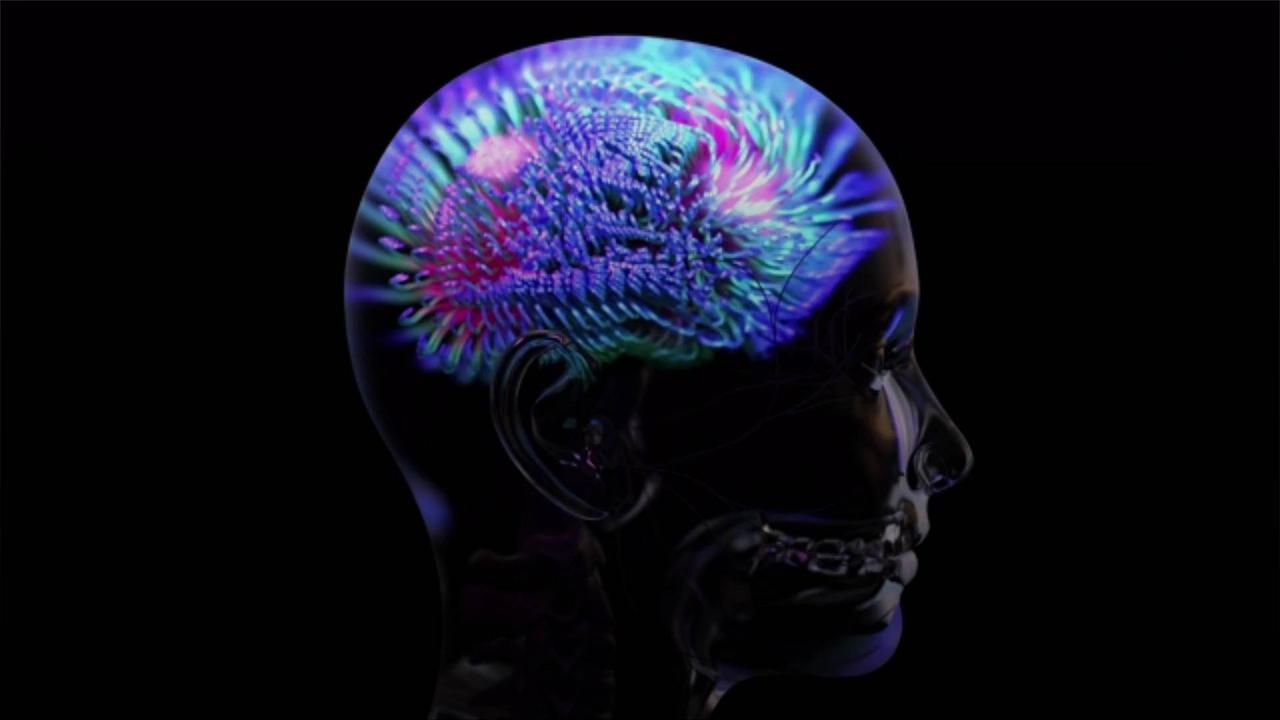Scientists Unraveling COVID's Impact on the Brain to Develop New Treatments

Scientists Unraveling COVID's Impact on the Brain to Develop New Treatments
Scientists Unraveling , COVID's Impact on the Brain , to Develop New Treatments.
'TIME' reports that scientists have been working to determine how COVID-19 impacts the brain and nervous system since early in the pandemic.
NYU Langone Health has been tracking the acute symptoms and long-term neurological issues that have been associated with Long COVID.
Program director Dr. Sharon Meropol says his team has identified a list of neurocognitive issues that include:.
Cognitive decline, changes in brain size and structure, depression and suicidal thoughts, tremors, seizures, memory loss, and new or worsened dementia.
The National Institute of Neurological Disorders and Stroke (NINDS) is currently enrolling participants in a study on immunotherapy as a treatment for Long COVID.
According to Dr. Avindra Nath, clinical director of the NINDS, this potential treatment is promising as it is already used to treat a number of other conditions.
This means that the treatment could be made available for those with Long COVID relatively quickly, if it proves to be an effective treatment.
'TIME' reports that preliminary research has suggested that blood-thinning drugs could help break up "microclots" associated with systemic inflammation.
According to researchers, breaking up those "microclots" in the blood could relieve symptoms like fatigue and brain fog.
Dr. Lara Jehi, who researches COVID-19 and the brain at the Cleveland Clinic, remains hopefully that brain changes linked to COVID are reversible.
.
The brain is incredibly neuroplastic, and it can do amazing things, Dr. Wes Ely, Researcher at Vanderbilt University Medical Center, via 'Time'


![How the EU is plotting a course out of COVID debt to greener future [Video]](https://video.newsserve.net/300/v/20240515/1375543794-How-the-EU-is-plotting-course-out.jpg)
![From crisis to cooperation: how the EU handled the troubled 2019-2024 era [Video]](https://video.newsserve.net/300/v/20240515/1375544526-From-crisis-to-cooperation-how-the-EU-handled.jpg)
![O'Neill apologises for attending funeral during Covid [Video]](https://video.newsserve.net/300/v/20240514/1375457986-Neill-apologises-for-attending-funeral-during-Covid.jpg)

![New 'Long COVID' Study Could Lead to Future Treatment Options [Video]](https://video.newsserve.net/300/v/20240408/1372191440-New-Long-COVID-Study-Could-Lead-to-Future.jpg)

![Tips to Keep Yourself From Overeating [Video]](https://video.newsserve.net/300/v/20240516/1375667304-Tips-to-Keep-Yourself-From-Overeating.jpg)